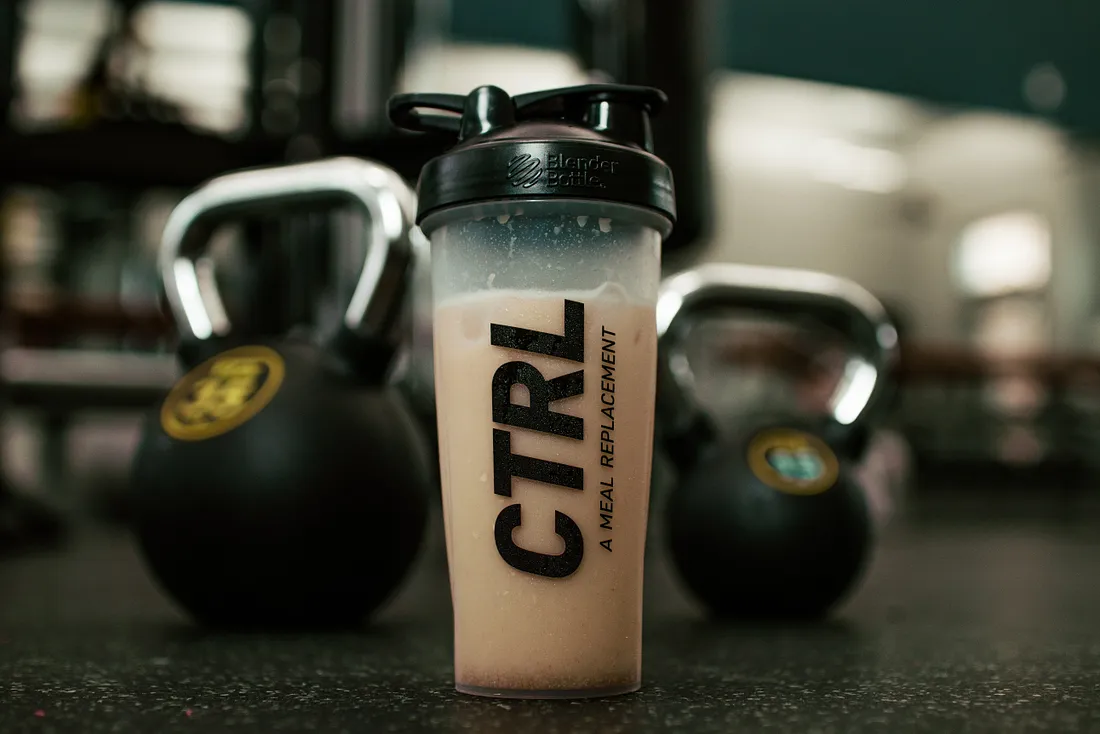
Protein is the primary building block for many metabolic responsibilities in our bodies, especially the growth and maintenance of tissue and producing antibodies for our immune system. It is one of three macronutrients, along with carbohydrates and fats.
Various severe side effects can happen if you neglect the vital nutrient in your diet. Those could decrease your quality of life and even endanger it long-term.
Your body doesn’t care whether your protein is based on animals or plants, steaks or tofu, beans or a shake, as long as it gets enough of it.
But what if your diet doesn’t support your body with the amount of amino acids that’s needed?
In this case, supplementing protein can help to increase your intake and get to the right level.
The older you get, the bigger a role your daily protein intake will play.
What matters at the end of the day is that the support of protein for your body is appropriate.
Everyone should consume a minimum of 1,5g to 2g per kilo of their body weight in protein daily.
For example, I am weighing 76 kilograms currently, which means I should eat at least 114 to 152 grams of protein every day.
Protein powder has the advantage of providing protein in its purest form. It’s got very few calories and most suppliers offer their products with various delicious tastes such as raspberry, vanilla, or chocolate.
If someone doesn’t want to eat loads of chicken or tofu to meet their daily need for protein, it’s a big win-win for a consumer to mix two scoops of protein with water or milk and get to the same amount.
It’s highly concentrated, so you can consume a tiny volume while taking in a lot of protein. Similar to oil, which is a pure form of fat.